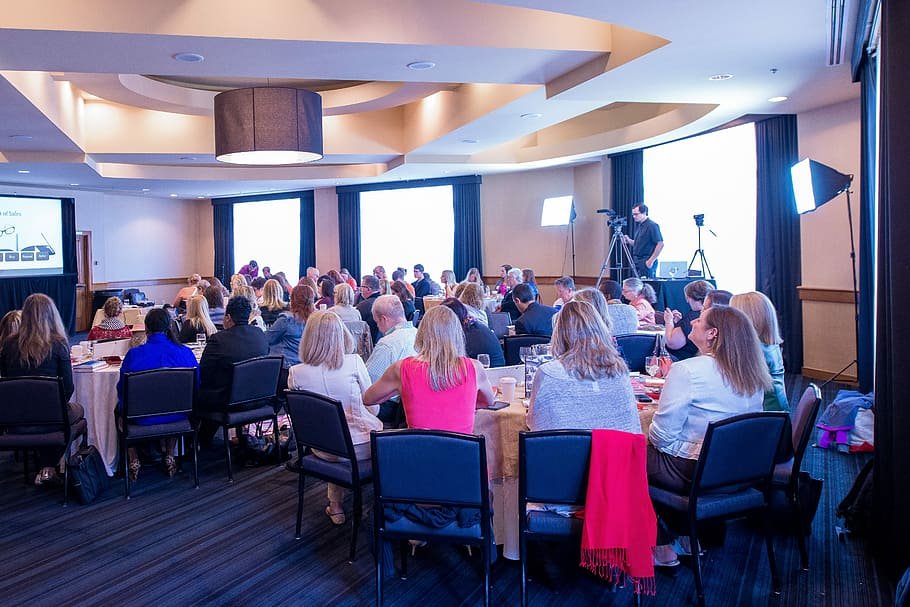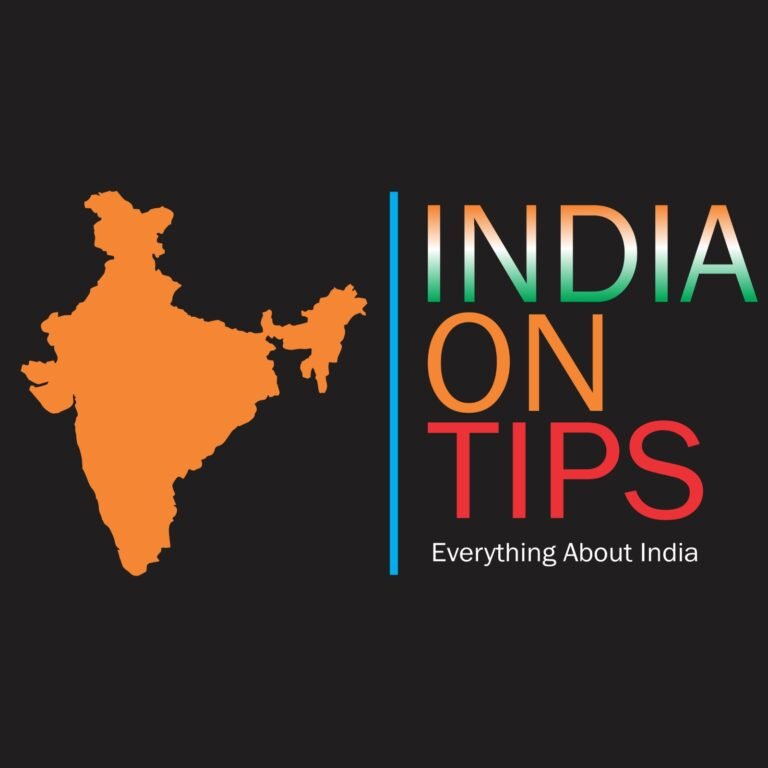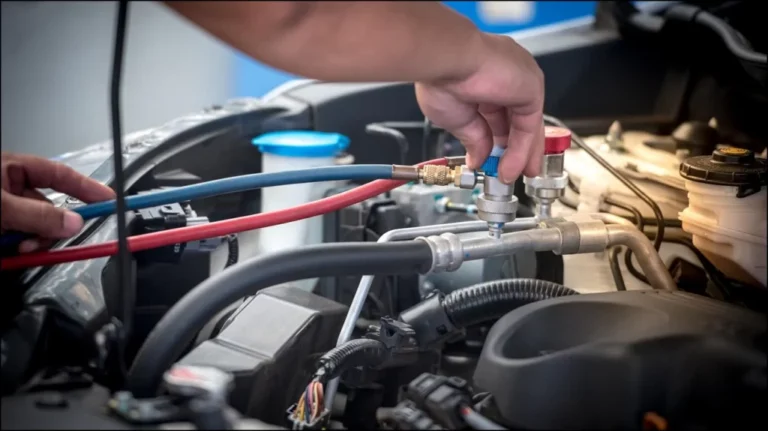8 Effective Event Marketing Tips To Maximize Event Reach
Organizing an event can be an exciting but challenging task. One of the key aspects of ensuring your event’s success is effective marketing. By reaching the right audience and creating buzz around your event, you can maximize attendance and engagement. In this blog post, we’ll discuss eight practical event marketing tips that can help you achieve your goals without getting lost in unnecessary jargon or fluff.
Table of Contents
ToggleWhat Is Event Marketing?
Event marketing refers to the strategic promotion and communication activities designed to promote an event, such as conferences, trade shows, festivals, product launches, or corporate gatherings. The goal of event marketing is to generate buzz, attract attendees, and create a memorable experience that aligns with the objectives of the event organizer.
Event marketing encompasses various tactics across different channels to reach and engage target audiences effectively. These tactics may include digital marketing (such as social media, email campaigns, and online advertising), traditional marketing (such as print media, direct mail, and radio), public relations (PR), content marketing, influencer partnerships, and more.
Key components of event marketing include:
- Pre-Event Promotion: Building anticipation and generating interest before the event through targeted marketing campaigns, including announcements, teasers, and early bird offers.
- Audience Engagement: Creating interactive and engaging experiences for potential attendees, such as contests, giveaways, virtual tours, or sneak peeks of event content.
- Content Creation: Developing relevant and valuable content related to the event theme, speakers, agenda, or industry trends to educate, inform, and attract audiences.
- Multi-Channel Promotion: Leveraging multiple marketing channels such as social media platforms, email marketing, PR outreach, partnerships, and advertising to maximize reach and visibility.
8 Effective Event Marketing Tips
1. Define Your Goals
Before diving into marketing tactics, it’s crucial to clearly define your event goals. Are you aiming for maximum attendance, quality leads, brand awareness, or something else? Understanding your objectives will guide your marketing strategy and help you measure success accurately.
2. Know Your Audience
Understanding your target audience is fundamental to successful event marketing. Who are they? What are their interests, pain points, and preferences? Tailor your messaging and promotional channels to resonate with your audience effectively. Consider using surveys or data analytics to gather insights about your audience demographics and behaviors.
3. Craft Compelling Messaging
Once you know your goals and audience, craft compelling messaging that highlights the value proposition of your event. Clearly communicate what attendees can expect to learn, experience, or gain by participating. Use simple language that resonates with your audience and emphasizes the benefits of attending your event.
4. Leverage Social Media
Social media platforms are powerful tools for promoting events and engaging with potential attendees. Choose the platforms where your target audience is most active and create a content calendar that includes a mix of promotional posts, engaging visuals, behind-the-scenes glimpses, and user-generated content. Encourage attendees and speakers to share posts about the event, increasing its reach organically.
5. Utilize Email Marketing
Email remains a reliable channel for event promotion due to its direct and personal nature. Build a segmented email list based on attendee personas or engagement levels. Craft personalized and engaging email campaigns that highlight key event details, early bird offers, speaker profiles, and exclusive content. Don’t forget to include clear calls-to-action (CTAs) prompting recipients to register or learn more.
6. Collaborate with Influencers and Partners
Partnering with influencers or industry experts can expand your event’s reach and credibility. Identify relevant influencers or organizations with a significant following among your target audience. Collaborate on co-hosted webinars, guest blog posts, social media takeovers, or promotional campaigns. Their endorsement and promotion can significantly boost your event’s visibility and credibility.
7. Create Engaging Content
Content marketing plays a vital role in building excitement and driving registrations for your event. Create a variety of content such as blog posts, videos, infographics, podcasts, or interactive quizzes related to your event’s theme or topics. Share valuable insights, tips, or sneak peeks to showcase the value of attending. Encourage social sharing and engagement to amplify your content’s reach.
8. Monitor, Analyze, and Iterate
Finally, continuously monitor and analyze your marketing efforts using relevant metrics such as website traffic, social media engagement, email open rates, and registration conversions. Identify what’s working well and areas for improvement. Use data-driven insights to iterate and optimize your marketing strategies throughout the event promotion cycle.
By following these practical event marketing tips, you can enhance your event’s visibility, attract the right audience, and maximize engagement and attendance. Remember to stay focused on your goals, understand your audience, leverage diverse marketing channels, and adapt based on data-driven insights for ongoing success. Happy marketing!







